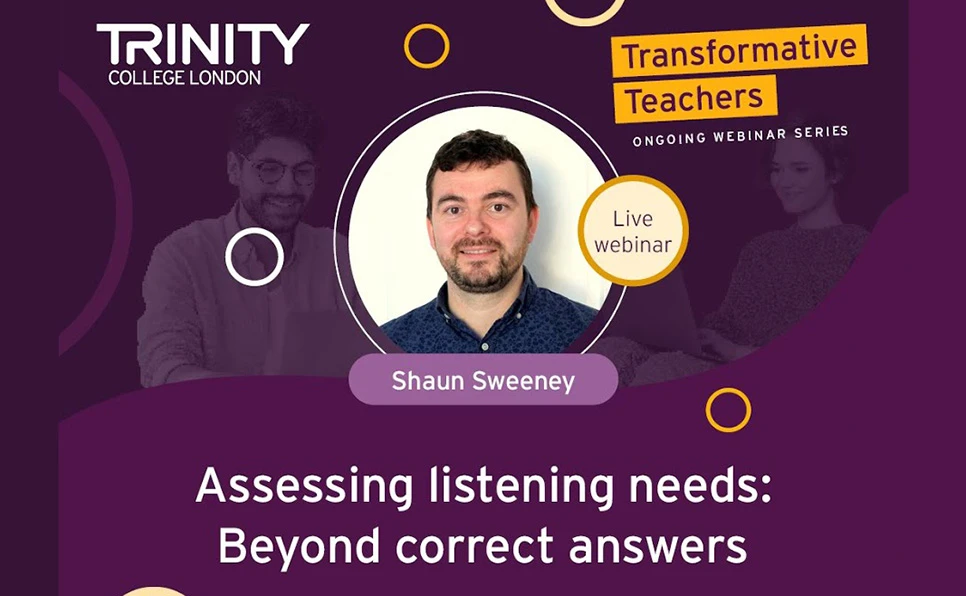KL, a TEFL org teacher trainer, discusses effective EFL student correction, emphasizing a balance between accuracy, fluency, and motivation. Correction is crucial for clear communication and student progress, as learners expect it. However, over-correction can undermine confidence, especially for lower-level or unconfident students, or during fluency activities. Key strategies include immediate correction for accuracy-focused tasks and delayed correction for fluency. Preferred methods involve elicitation, metalinguistic clues, or error codes, encouraging self and peer correction over direct teacher correction. Setting expectations and using positive reinforcement are also vital to support learning.


